Tenerife transport of water by aqueducts.
Such Tenerife transport was revived by a wooden aqueduct in la Orotava, in May 2017. In happened during traditional celebrations.
The unusual aqueduct was designed by the local carpenter of Carpinteria ARTEMADERA.
He created a reproduction of ancient ones.
It looked like a work of art.
T E A the local, endemic pine was used like in the olden days.
Notice how several slender, long boxes that could channel the water between the two building were joined and mounted on stilts.
The timber structure had to bring water from one Gofio mill to another. They were the grain mills of Don Chano and one opposite on Calle Dr. Domingo Gonzalez Garcia, 19-21.
The water had to move wheels which generated mechanical power to grind toasted
grains. They were made from wheat and legumes like chickpeas. A machine
crushed everything into unique Gofio flour.
Also portrayed by more photos is the process when everything was taken down again. A crane was employed to assist the carpenter.
Why remove the wooden aqueduct ?
The surrounding conditions wouldn't have met public safety norms for an open air museum.
Tenerife transport of Orotava water by other aqueducts.
Aqueducts which were mostly made with stone and mortar replaced all wooden ones by the latest in XVIII.
Below admire some remnants that are left in the Orotava old quarters on the Routa del Agua.
Depicted is the plaque of the Routa del Agua Water Way or the Gofio mills. In the past, this route represented the main hydrological transport system for its industrial mill operations, drinking water as well as farm water of this region.
Otherwise, Tenerife drinking water from natural sources is channeled in underground galleries. Nowadays, a web of modern plastic pipes brings it to the end-consumer on Tenerife Island.
A more rare Tenerife transport system for farm water.
Then, you also see the Andalusian aqueducts of "very down to earth" Moorish architecture which was also employed on farms in Portugal. Such ducts conduce water on ground level. Perhaps, you've noticed them on a tourist route of a so called Madre de Agua. There and on country roads, such open channels supply irrigation water. This simple water distribution system is often made with stones, plus mud, clay or mortar.
Portrayed below is such a transport system in Calle Piris near La Longuera of Los Realejos. It also feeds water to the Garden Center El Castillo.
Some wider ones exist which fed water to Los Lavaderos. There, the village women assembled to do their laundry.
Obviously the laundry basins of the Orotava Lavaderos shared the same network distribution like the area's water wheels.
Most historic Tenerife Transport of water by a pine aqueduct.
It was constructed on the Hacienda de los Principes shortly after 1496. It belonged to the Adelantado the conqueror of Tenerife Island. Remnants of its timber structure still exist on the estate's premises, to the best of my knowledge.
Later, water ways that were not made of wood carried the precious, liquid commodity to neighboring suburbs of Los Realejos. It was a transport service that had to be paid for. Portrayed below is such an aqueduct.
A similar one is almost beside the Lidl supermarket opposite Centro Comercial La Villa Alcampo.
A unique Tenerife water supply elevator by a mysterious ruin
From Tenerife Transport by aqueducts back to general Tenerife transport
Benigno Benitez Lima of ArteMaderaExcellent information in Spanish by El Dia newspaper about underground mined water with good photos, consumer facts and more

Please mind that the comment box below is meant to help others. In case you have a question or want to tell me something, kindly use this contact form.
This site is protected by Copyscape
Transfer wanted
in Europe?

Optica Columbus Best optician Tenerife North Important eye tests Call 922 387072
Insider

Note:
Text and images within this site are not to be copied or traded at any time. This regards online and offline.
Please respect my copyright
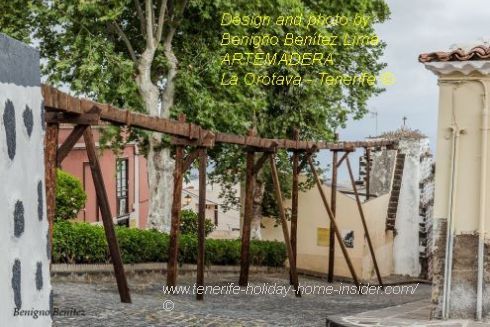
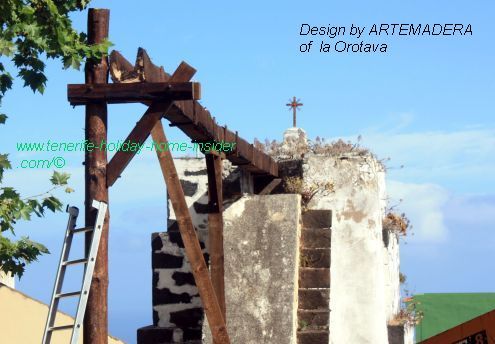
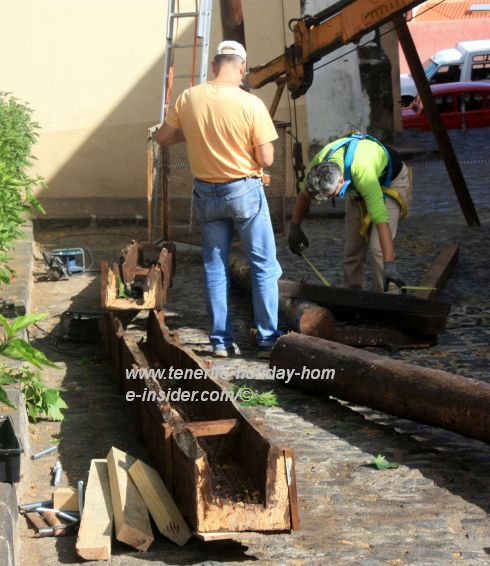
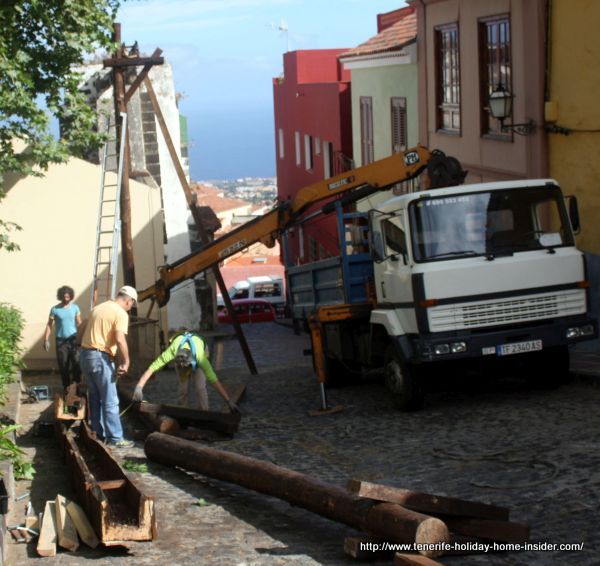
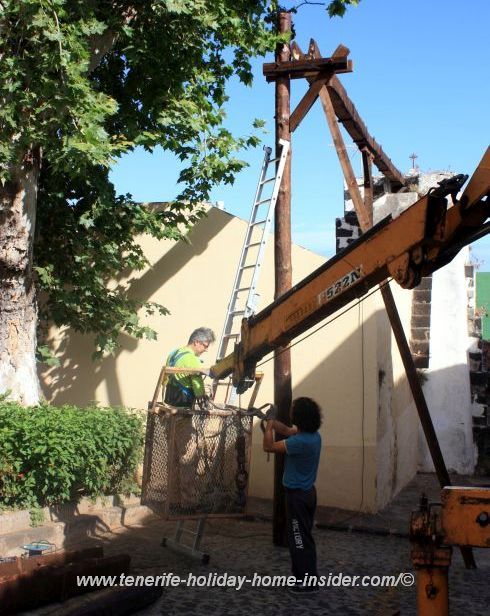
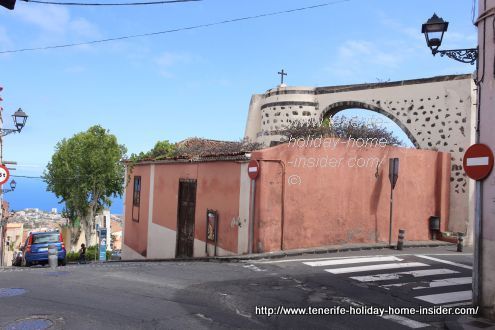
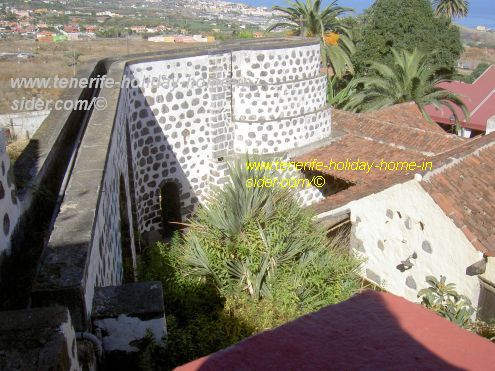
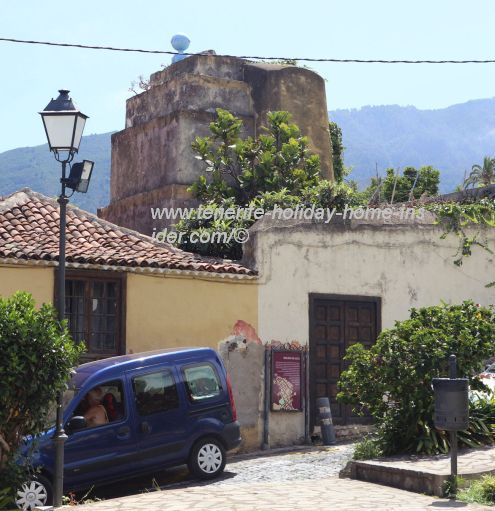
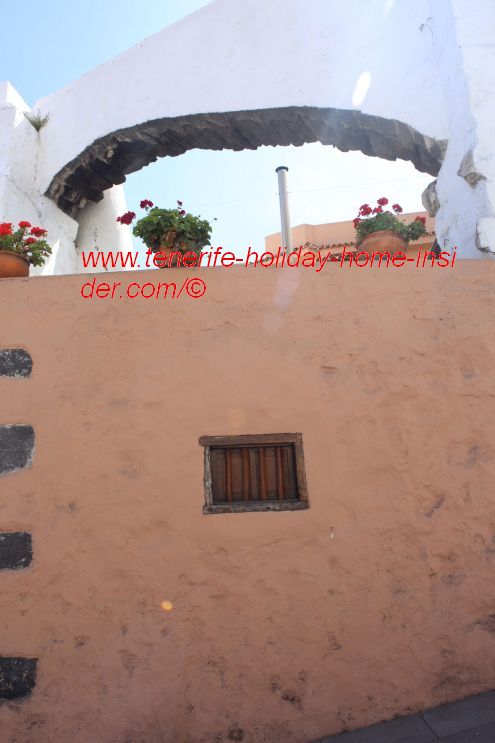
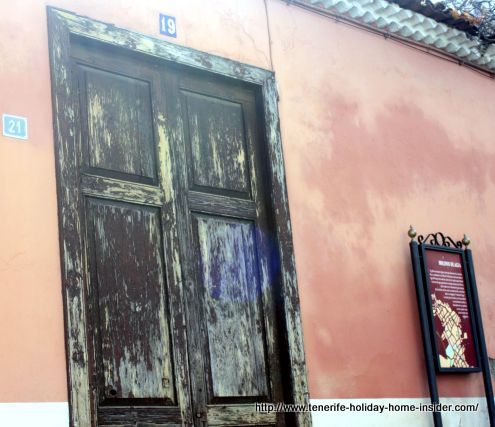
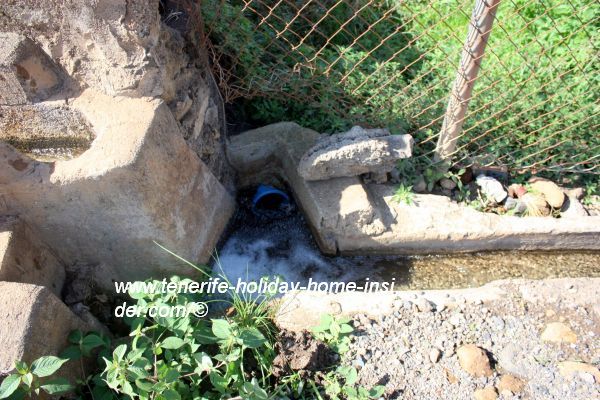
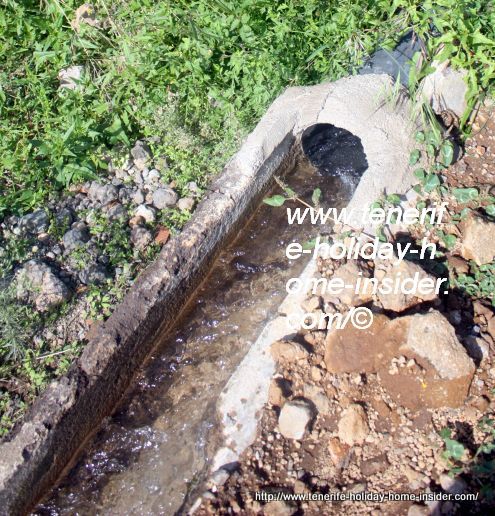
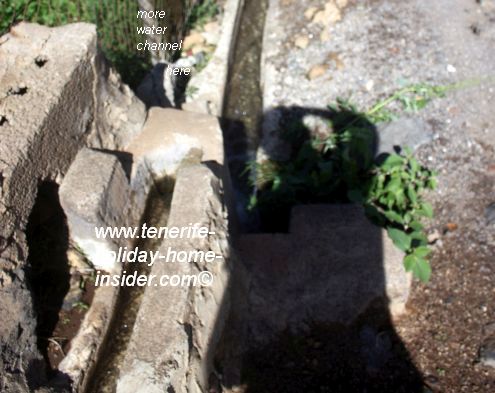
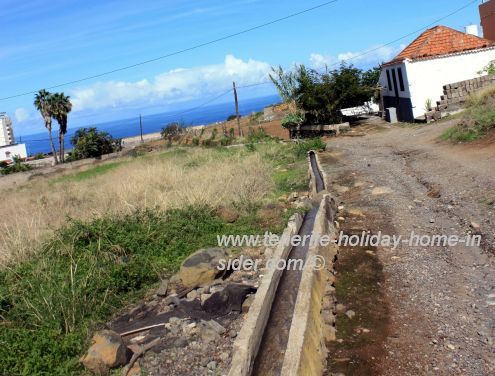
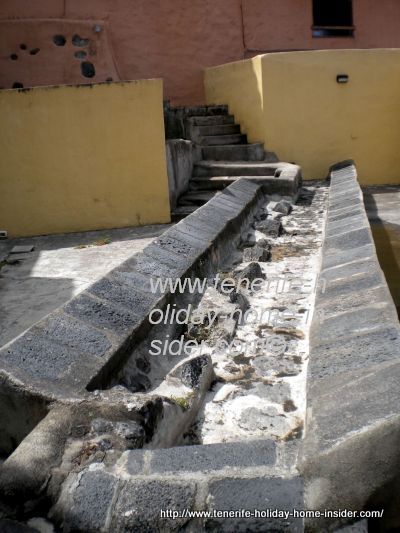
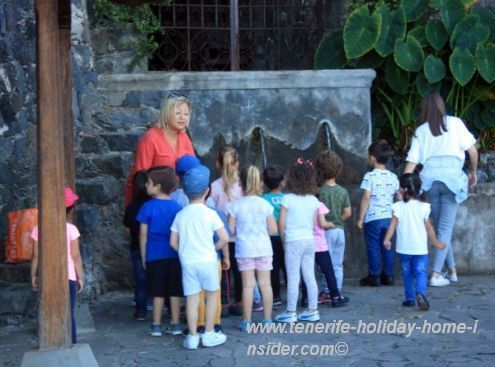
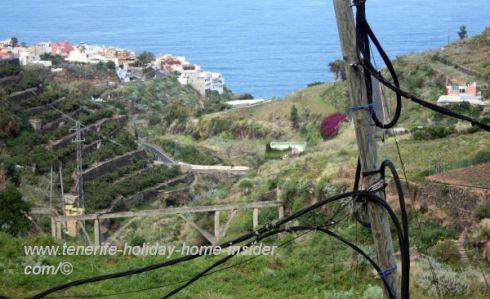
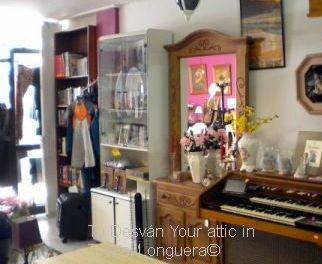

New! Comments
Have your say about what you just read! Leave me a new comment in the box below.